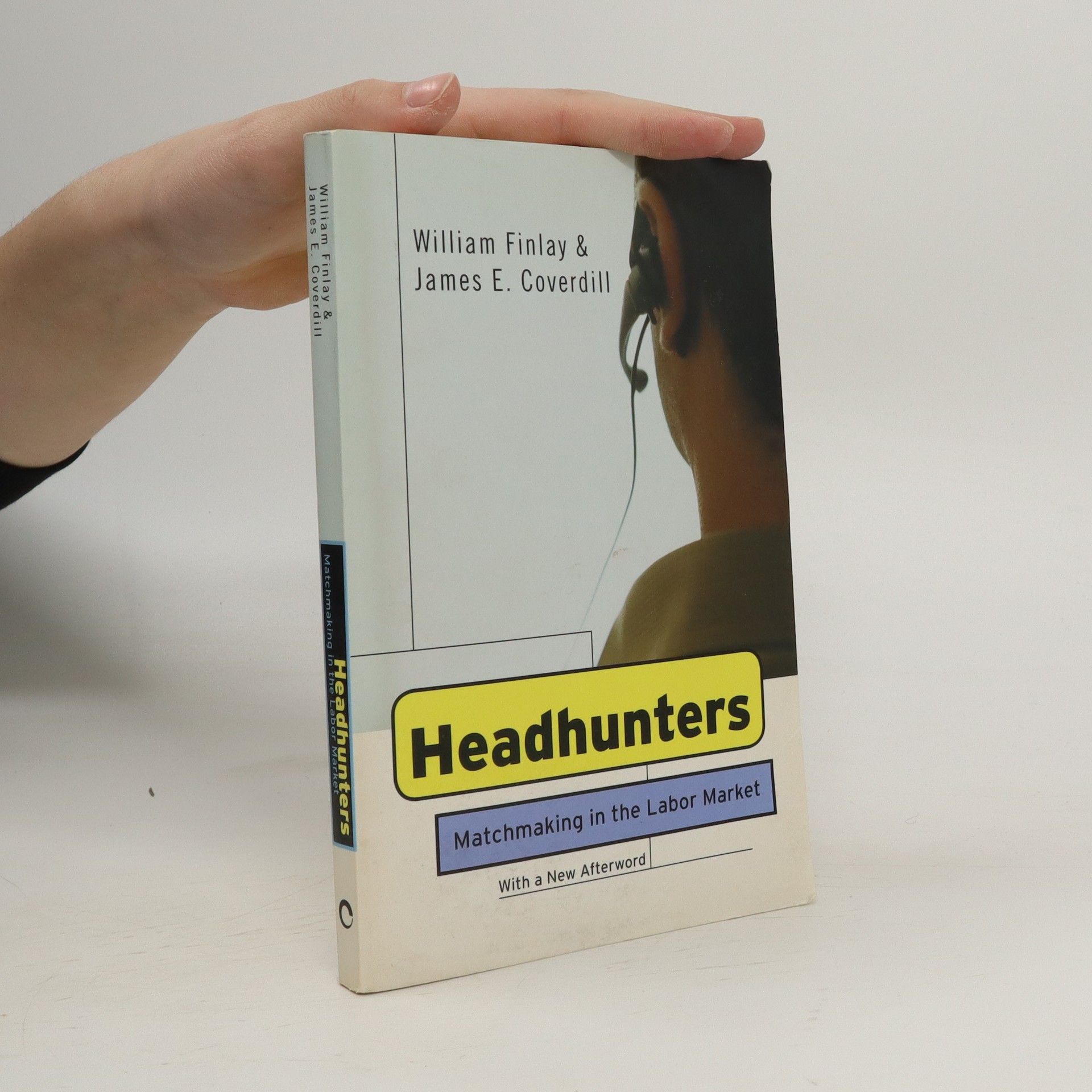Více o knize
Headhunters, or third-party agents, play a unique role in the recruitment process by matching candidates with job opportunities. Their influence on the employment landscape in the U.S. is significant yet often overlooked. Authors William Finlay and James E. Coverdill provide a candid exploration of headhunters’ practices through interviews, observations, and analysis of training seminars, industry publications, and surveys. They reveal a shift in payment structures from candidates to employers, highlighting how recruiters now seek to fit candidates to jobs rather than the reverse. Addressing a notable gap in research, the authors pose three key questions: What benefits do employers gain from using headhunters? How do headhunters effectively sell candidates to employers and vice versa? What criteria guide their candidate selection? Their findings are contextualized within broader institutional and historical frameworks, uncovering the economic and political motivations behind clients’ use of headhunters. The study also examines how headhunters influence both clients and candidates, ultimately affecting hiring decisions and the overall job market.
Nákup knihy
Headhunters, James E. Coverdill, William Finlay
- Jazyk
- Rok vydání
- 2007
- product-detail.submit-box.info.binding
- (měkká)
Doručení
Platební metody
Tady nám chybí tvá recenze.
